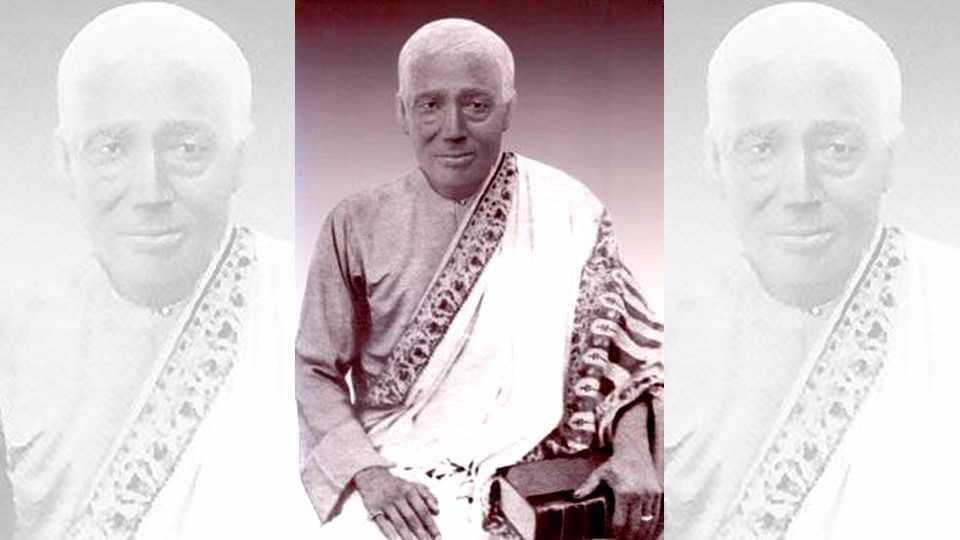Kolkata's baked rasgulla, also known as "rosogolla," is famous because it is considered to be the original version of the dessert. The dish was created in the 19th century by Nobin Chandra, a chef from Kolkata, and it quickly became popular in the region. The unique texture and taste of the dessert, which is made from chhena (cottage cheese) and semolina dough, is said to be the result of the specific technique used to prepare it. In addition, the dessert has a historical and cultural significance in Bengal, which further adds to its fame.

Nobin Chandra, also known as Nobin Chandra De, was a 19th century chef from Kolkata, India who is credited with inventing the rosogolla, a popular Bengali sweet. According to legend, Nobin Chandra was inspired to create the dish after tasting a similar sweet made from chhena (cottage cheese) and semolina dough while on a trip to Kirtipur, Nepal. He experimented with different recipes and techniques, and eventually developed the unique texture and taste that we now associate with the rosogolla.
He started selling the sweet from his sweet shop called "Nabakrishna Deb Confectionery" established in 1868 in Kolkata. He named it Rosogolla, which was a combination of two words "Roso" meaning juice and "Golla" meaning round ball.
It quickly became popular in Kolkata and the surrounding areas, and soon, Nobin Chandra's rosogolla became known throughout Bengal as the original and best version of the sweet. Today, the rosogolla is considered a symbol of Bengali culture and is enjoyed by people all over the world.
There is a longstanding debate over the origin of the rasgulla, with the Indian state of Odisha and the West Bengal state both claiming to be the creators of the sweet dish. The dish is believed to have originated in the 19th century, with Nobin Chandra, a chef from Kolkata, being credited with inventing the spongy, syrupy dessert. However, Odisha also has a long history of making rasgulla and claims that the dish has been a part of their culture for centuries.
In 2020, the geographical indication (GI) tag was granted to West Bengal for the "Banglar Rosogolla" by the government of India, which officially recognized it as a unique product of West Bengal. But Odisha government had also filed a case against it, stating that they have been making and consuming Rosogolla for centuries and it is an integral part of Odisha's culture.
It's a ongoing debate and no one could come to a conclusion as both states have their own history and culture associated with the sweet.


